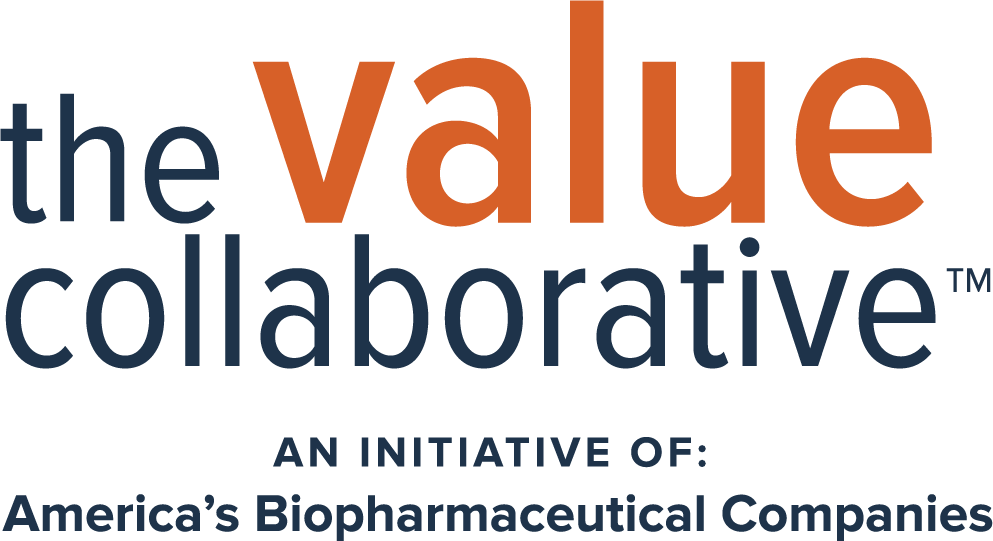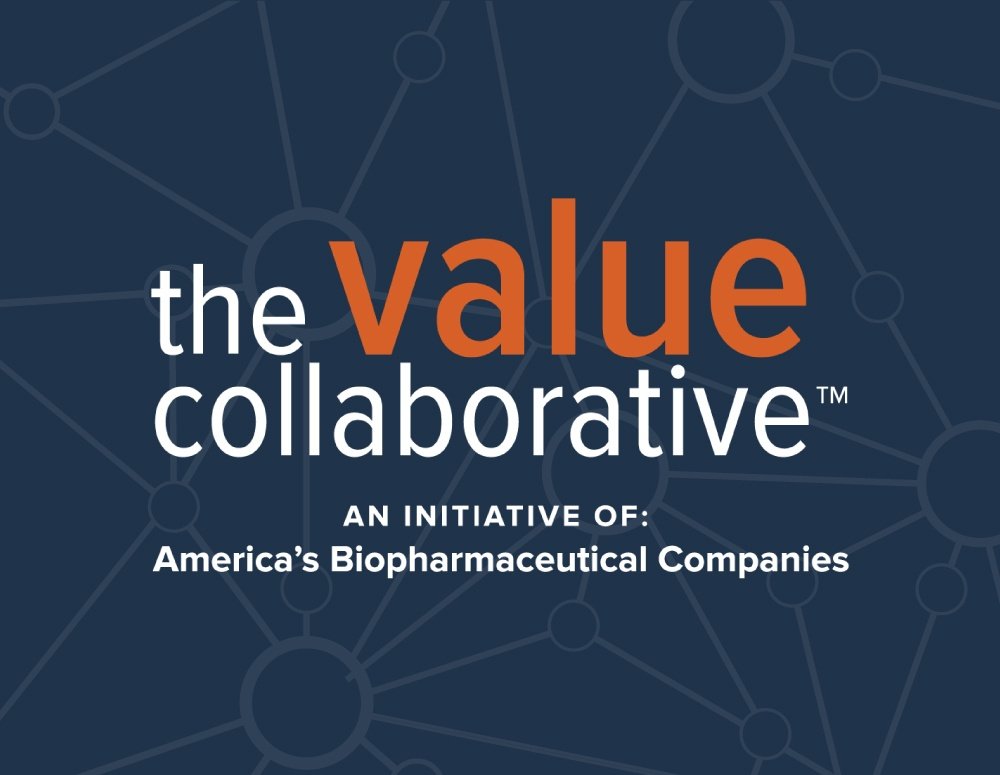
A modern regulatory framework is the foundation of an innovative health care system that allows stakeholders to work together to deliver better outcomes for patients. To advance critical regulations toward this end, the U.S. Food and Drug Administration (FDA) announced last September that it would engage in a comprehensive review of its rules governing biopharmaceutical company communications related to unapproved uses of approved medicines. The FDA also sought input on this from key stakeholders over a two-day public hearing late last fall.
In the time since the public hearing, the agency has issued a final rule on “Intended Use” and released two draft guidances.
Update on “Intended Use” Final Rule
Last month, the FDA announced it would be extending the comment period for the final rule addressing the “Intended Use” of medical products for an additional 60 days (until July 18, 2017). This extension followed a delay in the effective date of the final rule as requested by PhRMA and other stakeholders due to concerns about the final rule that PhRMA, Medical Information Working Group (MIWG) and Biotechnology Innovation Organization (BIO) expressed in a citizen petition submitted in February.
Recommendations for a Path Forward
While we appreciate the draft guidance documents that were released by the agency in January, we believe the FDA should do more to facilitate effective communication from biopharmaceutical companies to key stakeholders, such as payers and health care providers, specifically when it comes to the ability of companies to communicate about medically accepted, unapproved uses of FDA-approved medicines.
Allowing for broader communication from biopharmaceutical companies to payers and health care providers about the most current, accurate and comprehensive information available on FDA-approved and investigational medicines can help these key stakeholders make more informed decisions for the benefit of patients. It can also support the move toward value-based contracts for pharmaceuticals by allowing the conversations needed to get to those contracts.
This is not to say that information sharing should occur without clear guardrails in place. The FDA plays a critical role in ensuring the safety and efficacy of new medicines and new uses of previously approved medicines—an understanding that is recognized by the industry in the principles jointly proposed by PhRMA and BIO last year. That said, while the FDA’s role as a gatekeeper is critical, the agency must balance this role with the benefit to patients when key stakeholders are fully educated about all available treatment options.
We look forward to working with the FDA to develop a regulatory regime that supports communication of truthful and non-misleading information from biopharmactical companies to key stakeholders in the interest of public health.
Read PhRMA’s full comments to the FDA on the draft gudiance on communications with payors, draft guidance on communications consistent with labeling, or responding to the public hearing, or see the citizen petition.




